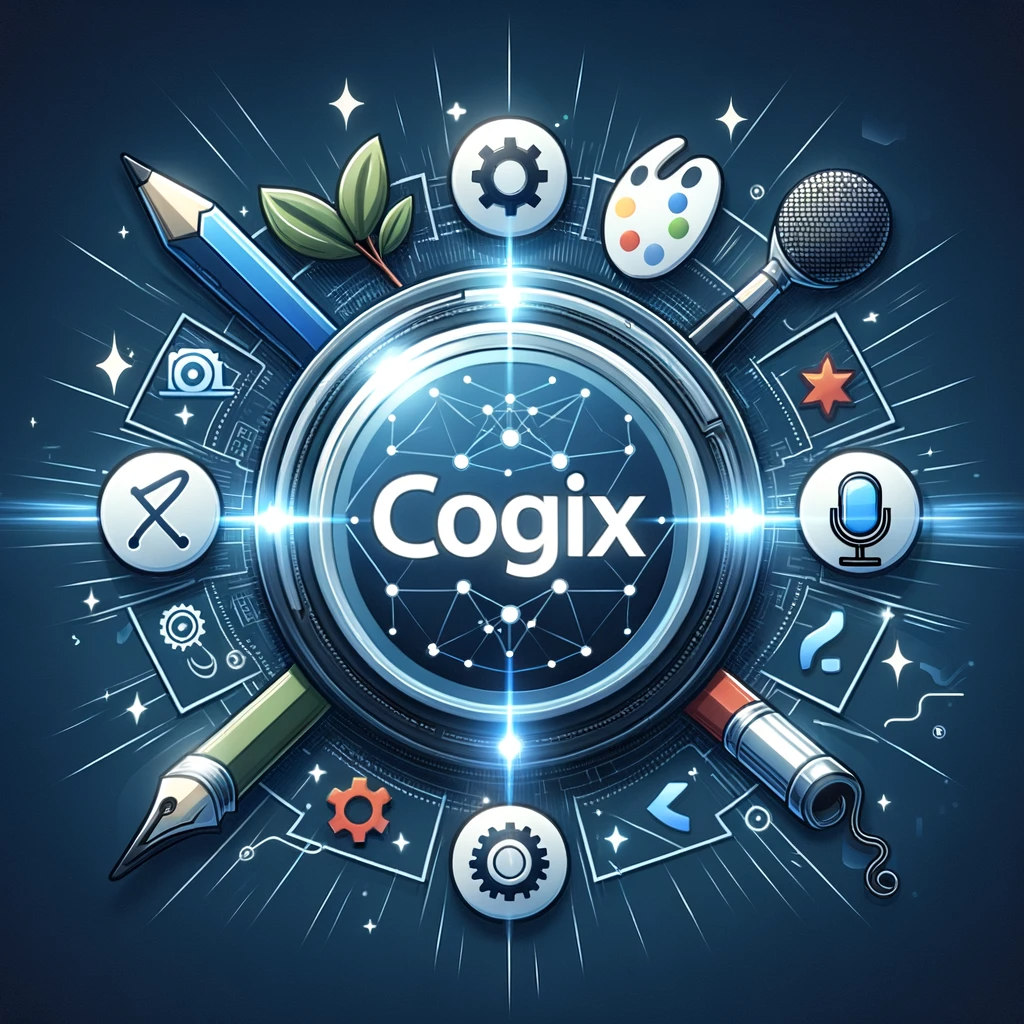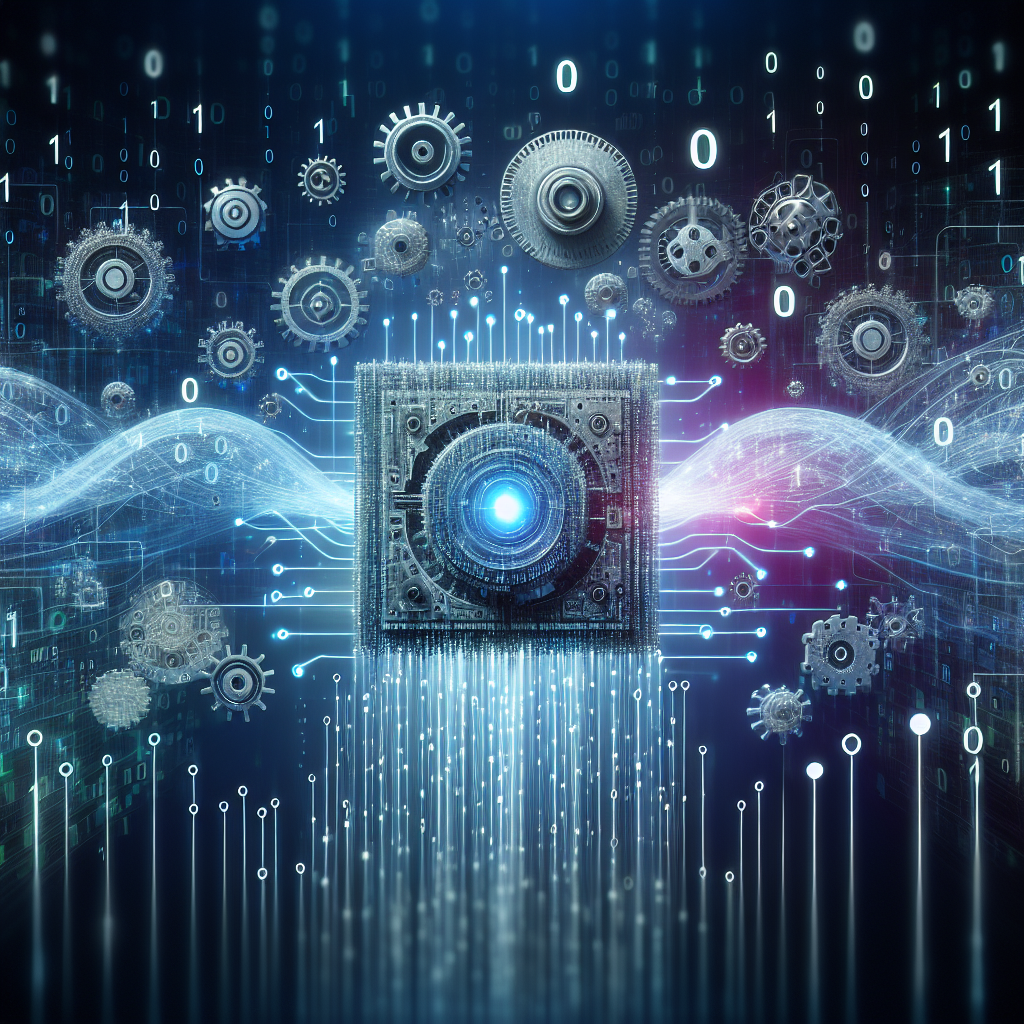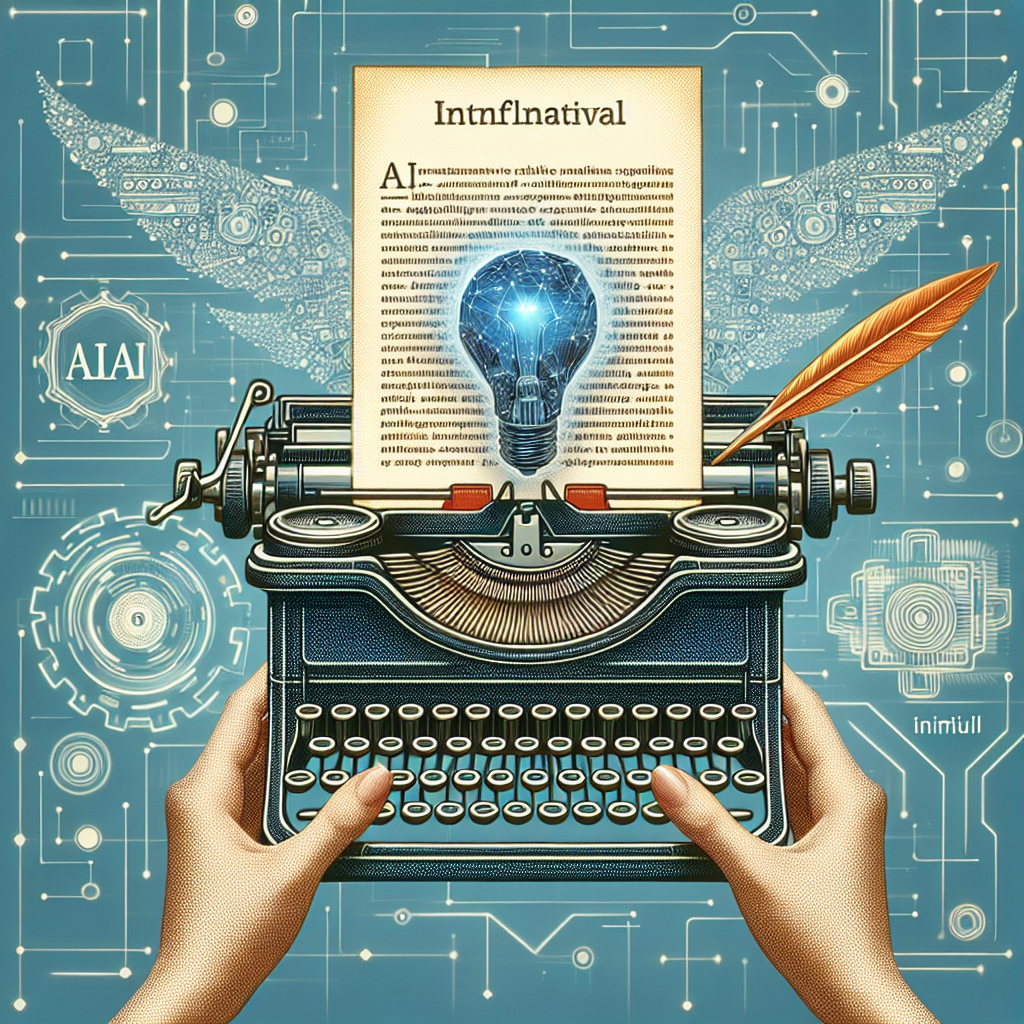
Artificial Intelligence (AI) has been making significant strides over the past few years, and one topic of much debate is whether AI can be considered creative or simply a generator of existing content. This discussion delves into the intricacies of AI technology, exploring its capacity for generating new ideas and evaluating its level of creativity.
AI is essentially the development of intelligent machines that can perform tasks that typically require human intelligence. Its ability to mimic human behavior and perform complex tasks has led to advancements in various domains, including art, music, and writing. However, when it comes to creativity, the question arises: can AI truly be considered creative, or is it merely a generator of pre-existing ideas?
To begin addressing this question, it is crucial to understand the concept of creativity. Creativity is the ability to produce ideas, solutions, or artifacts that are both novel and valuable. Traditionally, creativity has been regarded as a distinctively human quality, associated with imagination and originality. It involves combining existing knowledge and experiences in new and innovative ways.
When we talk about AI-generated content, we refer to the generation of new ideas or artifacts by an AI system. One way AI accomplishes this is through algorithms that analyze vast amounts of existing data and patterns. These algorithms then generate content by combining, reorganizing, or remixing these patterns. This process can result in the creation of new and unique outputs that may not have been conceived by humans.
However, the question of whether this constitutes creativity remains open to interpretation. Some argue that true creativity requires intentionality, consciousness, and emotional engagement—all characteristics believed to be uniquely human. AI systems, on the other hand, operate based on rules and algorithms, lacking emotional and conscious experience. Therefore, opponents of AI's creative potential contend that the outcomes it produces are merely combinations of pre-existing information.
Nevertheless, proponents argue that AI can demonstrate a form of creativity by generating outputs that are novel and valuable. They assert that while AI lacks consciousness, it is capable of creating content that humans would not have conceived themselves. The ability of AI to consider a multitude of possibilities and patterns within a short period of time provides it with a unique advantage, paving the way for generating innovative and unexpected results.
Moreover, the question of creativity depends largely on the perspective from which it is approached. AI-generated content can elicit varied responses from different individuals, ranging from admiration for its originality to skepticism about its authenticity. The perception of AI's creativity, therefore, lies in the eye of the beholder.
In conclusion, the question of whether AI is creative or simply a generator is a complex one. While AI systems can generate new ideas and artifacts, the traditional understanding of creativity, with its association with human consciousness and intentionality, does not entirely align with the nature of AI. However, considering AI's capacity to produce novel and valuable outputs, it is undeniable that it possesses a certain degree of creative potential. As AI technology continues to evolve, the boundaries between human creativity and AI-generated content may become increasingly blurred, leaving us to ponder the true essence of creativity itself.

